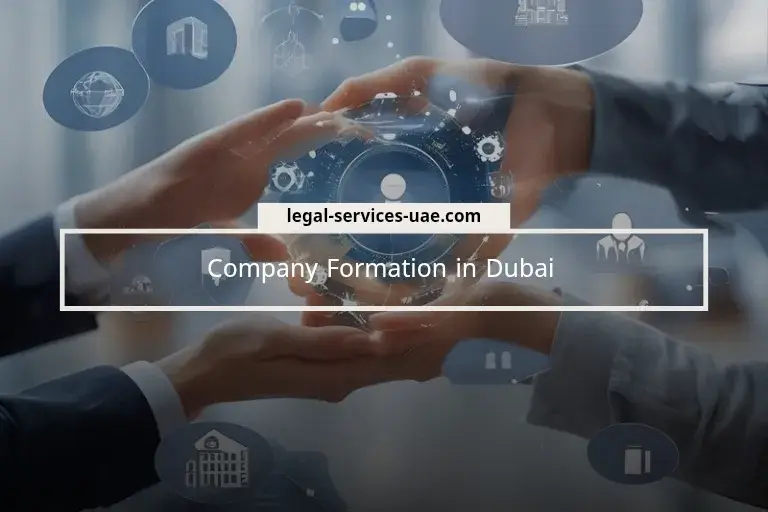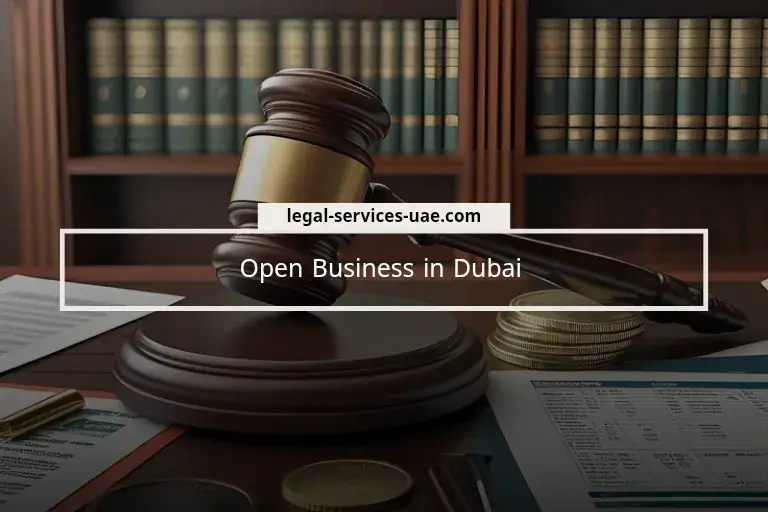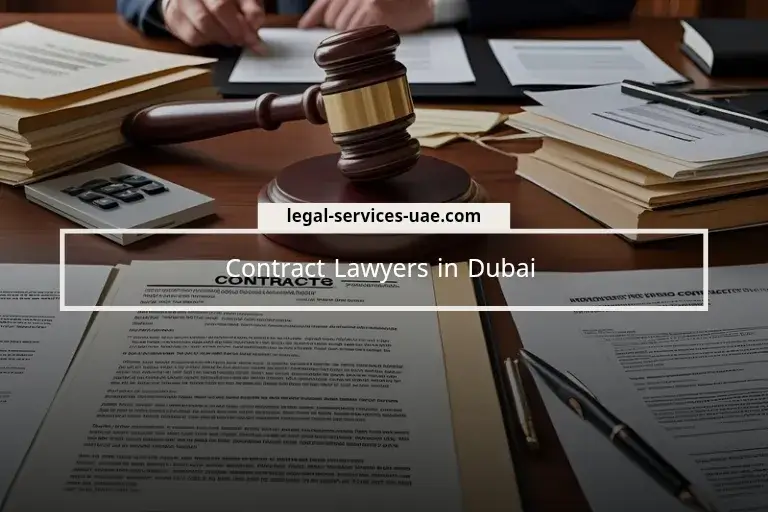When a dispute threatens the stability of a business in Dubai—whether due to a breached contract, shareholder conflict, or regulatory violation—the guidance of a skilled business litigation lawyer in Dubai becomes essential. These professionals navigate the complexities of local and federal laws to protect business interests and resolve disputes efficiently.
To consult our experienced legal team, click the WhatsApp button at the bottom of the screen.
فهرس المقال
Roles and Responsibilities of Business Litigation Attorneys
Business litigation attorneys in Dubai play a crucial role in the commercial legal landscape. Their responsibilities encompass a wide range of tasks aimed at protecting the interests of businesses:
- Legal Representation: Advocating for clients in court proceedings, arbitration, and mediation sessions.
- Contract Disputes: Handling disagreements arising from contractual obligations, ensuring that terms are enforced or renegotiated as necessary.
- Shareholder and Partnership Conflicts: Addressing internal disputes within companies to maintain corporate harmony and compliance.
- Regulatory Compliance: Advising businesses on adhering to UAE laws and regulations to prevent legal infractions.
- Risk Management: Identifying potential legal risks in business operations and devising strategies to mitigate them.
These professionals are integral to the resolution of commercial disputes, ensuring that businesses can focus on growth and development without prolonged legal hindrances.
Leading Business Litigation Lawyers in Dubai
When seeking legal representation for commercial disputes, it’s essential to consult experienced professionals. Below is a list of notable business litigation attorneys in Dubai:
| Name | Specialization | Contact |
|---|---|---|
| Ali Obaid Al Shamsi | Lawyer, Legal Consultant, Notary Public | +971501961291 |
| Mohammed Reda | Legal Consultant | +971501961291 |
| Mohammed Siraj | Legal Consultant | +971501961291 |
| Shadi Ashour | DIFC Law Specialist | +971501961291 |
Ali Obaid Al Shamsi
With extensive experience in legal consultancy and notary services, Ali provides comprehensive legal solutions tailored to business needs.
Mohammed Reda
Specializing in commercial law, Mohammed offers strategic advice and representation in various business disputes.
Mohammed Siraj
Known for his analytical approach, Mohammed assists clients in navigating complex legal challenges in the commercial sector.
Shadi Ashour
As a DIFC law specialist, Shadi brings expertise in financial and commercial litigation within the Dubai International Financial Centre jurisdiction.
Choosing the Right Business Litigation Attorney
Selecting the appropriate legal representation is pivotal for the successful resolution of business disputes. Consider the following criteria when choosing a business litigation attorney in Dubai:
- Experience: Ensure the lawyer has a proven track record in handling commercial litigation cases similar to yours.
- Specialization: The attorney should specialize in the area of law relevant to your dispute, such as contract law, corporate law, or financial litigation.
- Reputation: Research the lawyer’s reputation through client testimonials, peer reviews, and professional accolades.
- Communication: Effective communication is essential. Choose a lawyer who is responsive and can explain legal concepts clearly.
- Fee Structure: Understand the billing practices to ensure they align with your budget and expectations.
By carefully evaluating these factors, you can engage a business litigation attorney who will effectively represent your interests and facilitate a favorable outcome.
A proficient business litigation lawyer in Dubai is key to resolving commercial disputes with precision and legal insight. From court representation to strategic negotiation, expert counsel ensures your business remains protected.
For professional legal support, contact our lawyers in Dubai via the WhatsApp button below.
Read more about Best Corporate Lawyers In Dubai.
Was this helpful?
Specialized Legal Content Writer, possessing deep legal knowledge and exceptional ability to demystify legislation and analyze judicial developments. He delivers clear, precise content that helps you understand your legal rights and obligations while empowering you to make informed decisions across diverse legal domains. Working within our expert legal team, he ensures credibility and trustworthiness in every piece of content.




